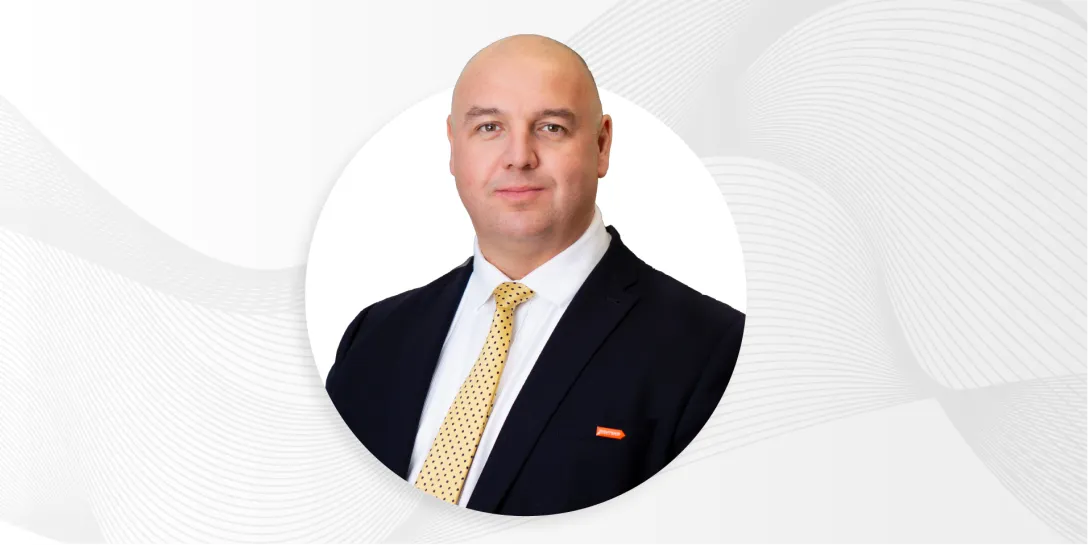The 30th SMM Conference reaffirmed the importance of shipping to the global community, and how disruption within one area of the supply chain can have serious ramifications. This is evidenced by both the 2021 Evergiven situation, and more recently the Russia Ukraine war, which also once again highlighted how seafarers, our hidden workforce, get caught in the crossfire.
A progressive industry responding to change
An interesting reflection made during the opening ceremony was that four years ago, the SMM conference was focussed on ballast water treatment and scrubber installations, with sustainability forming only part of the discussions.
Four years on the story is very different. There was an overwhelming posture of decarbonisation, green transition and building towards a more sustainable future echoed by almost all the panels, events and 2,000 exhibitor stands, with the conference itself themed under the banner of ‘Driving the Maritime Transition’.
This was both inspiring yet sobering. Inspiring since it demonstrated industry alignment, ensuring we stay the course towards limiting global temperature rise and meeting the requirements of the Paris Climate Change Agreement.
At the same time, it felt incredibly sobering to appreciate the sheer magnitude of the challenge ahead, especially when recognising success is dependent on so many factors and stakeholders that will require incredible coordination and determination to follow through, in this multi-dependent ecosystem.
But maritime is a progressive industry, and I’m confident it will respond to the change.
A complex multi-faceted industry driven to reduce harm
As an ex-sailor, dry docks aside, I have only ever appreciated a ship as a finished vessel. But walking the floor of SMM for the first time shone a different light into our industry.
The exhibition was bursting with manufacturers, service providers, technology companies covering everything from engines, to hoses, mooring lines, safety equipment, turbo chargers and surveillance equipment. When you step back and look at the bigger picture it’s apparent that all those products and suppliers share the same purpose - to safeguard the safety and security of assets, environment, and life.
Therefore, it was easy for me to connect with any of the vendors and see a common overlap with our vision at RightShip - of zero harm in the maritime industry.
A just and equitable transition is non-negotiable
Whilst decarbonisation and the green transition was the overwhelming message and theme, the conference also brought to the fore the additional complex challenges we are facing centred on technological change, digitalisation and diversity.
This was highlighted several times during panel discussions, but for me none more prominently than by Guy Platten, Secretary General of International Chamber of Shipping. He stressed the need for us to ensure adequate future fit training for seafarers, in the management and handling of new fuels, the use of new technologies, and as part of managing digitalisation and furthermore, against the backdrop of a forecast global shortfall of skilled mariners.
It was evidently clear walking around to see new equipment for things such as carbon capture and sequestration, and even a digital sextant, why talent management and training of existing talent and new talent is an existential factor for industry survivability.
Innovation is key
The implementation of the Energy Efficiency Existing Ship Index (EEXI) and the Carbon Intensity Indicator (CII) were key topics discussed during various panels and events. Overall, I left with a reaffirmed view that there is much uncertainty and nervousness surrounding the implementation of these measures.
The implementation of EEXI, and the resultant reduction of speed through Engine Power Limitations (EPL) may tick the compliance box, but in a manner typically symptomatic of ‘wicked problems’, it will reduce capacity in the market, potentially stalling the drive to innovate and optimise through other means. The overall impact of CII was also brought into question and how this will also affect the market, with obvious non-fault impacts prevailing.
Looking to the future, the prominent message was twofold - we must continue to use energy saving devices and equipment to optimise our operations in the short term, and accelerate innovation for the future, in implementing new fuels and technologies. Furthermore, market-based measures will help to create additional levers to drive us all forward.
The systems view is required
SMM showcased the absolute need to continue to ‘break down siloes’ and collaborate. We must pivot more towards a systems perspective, looking at all the moving parts that make up the overall system, to innovate, develop and scale technology, ensure safety is not compromised and navigate the complexities we are facing.
Collaborative boundaries should not be constrained, but rather, we must look with intent to see beyond our visible horizon to bring to bear insights from other parts of the maritime industry, and indeed other sectors and industries where possible.
